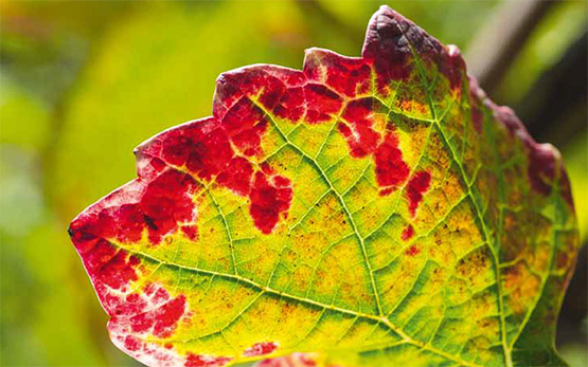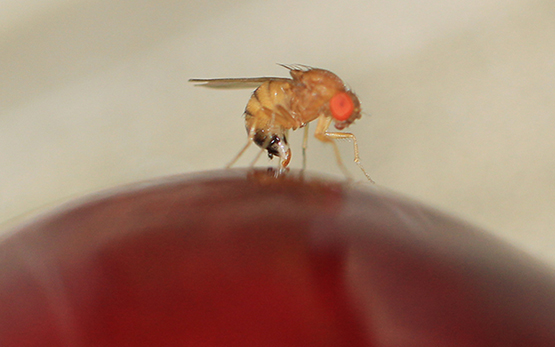Plant diseases are of major significance in the growing of all crop plants, causing high losses in quality and yield. In addition, toxins can lead to a threat to the safety of food and feed. Every year, several billion Euros in losses are incurred worldwide due to disease control costs and decreased yields .
Using modern techniques such as molecular methods and informatics, Agroscope develops new methods for diagnosing, forecasting, monitoring and regulating pathogens. The effect of cropping and environmental factors on plant pathogens is investigated, plant varieties are tested in terms of their susceptibility to disease, and new cultivation and plant protection strategies are developed. The aim is to enable the production of safe, high quality food and feed. In this context, both protection of the environment and sustainable production play a crucial role.







